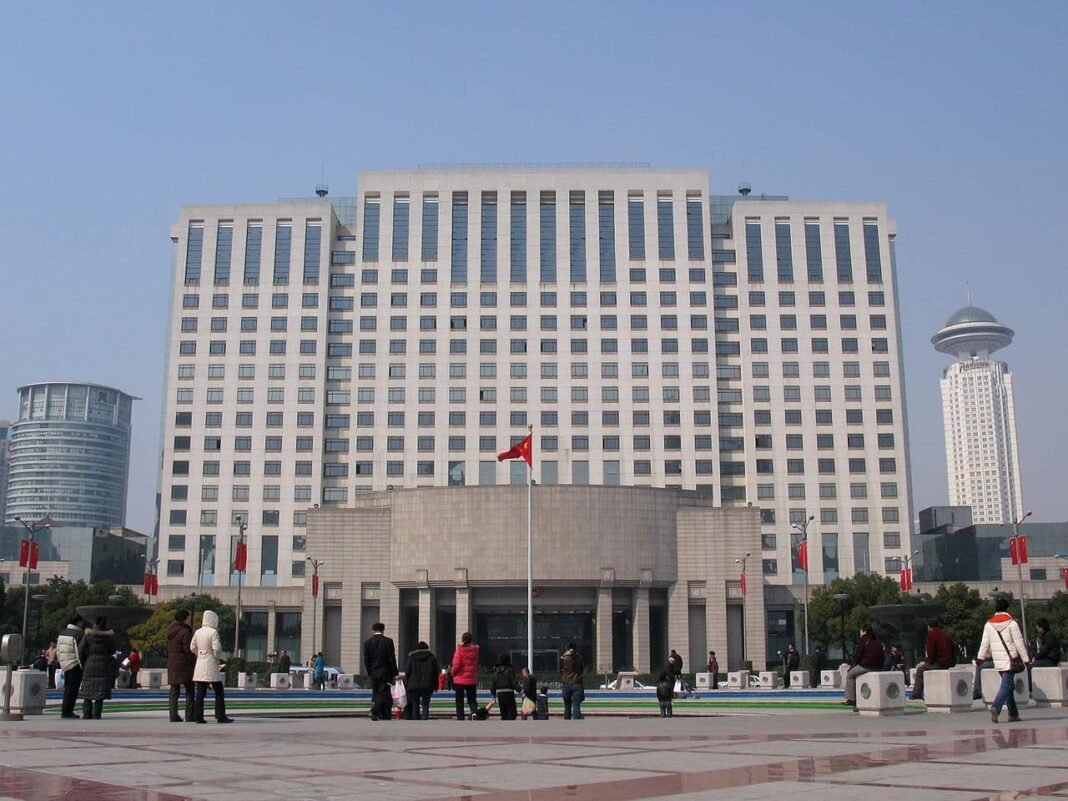
Regulators in China have moved to ban influencers without college diplomas, directing social media platforms to verify that they hold professional credentials before commenting on sensitive topics such as finance, medicine, law, or education.
The recently implemented policy places legal responsibility on major platforms, including Douyin, Weibo, and Bilibili, to check and record qualifications for creators who speak on those subjects. Platforms that fail to follow the rules could face fines of up to 100,000 yuan, according to the new directive.
The shift has been summarized by industry observers in a policy paper as a blunt new message: “Not Verified? Not Welcome.”, is aimed at limiting what regulators call dangerous misinformation in popular livestreams and short videos that often mix entertainment, sales pitches, and professional-sounding guidance.
Lack of formal training
The rules grew out of mounting complaints about untrained creators dispensing medical tips, investment recommendations, and legal opinions without licenses or formal training, officials said in materials accompanying the policy change. A study cited by regulators and the China Consumers Association found nearly 30% of users surveyed had encountered deceptive or exaggerated influencer claims, particularly in health-related content.
China’s livestreaming and influencer economy is massive: livestreaming-related e-commerce sales topped 1.2 trillion yuan (about US$165 billion) in 2022, underscoring how creators can influence consumer behavior and, regulators say, public safety.
For creators and brands, the impact is immediate as platforms have already removed unverified videos and suspended accounts that promoted alternative medical remedies or offered unlicensed financial advice, the policy note said. In one cited example, a former schoolteacher turned education content creator was flagged because her teaching license was not verified on a platform; the oversight put a six-figure campaign on hold.
Social platforms in China are now content gatekeepers
The new rules change the role of social platforms, turning them from passive distributors of user content into active gatekeepers responsible for screening, storing, and policing credentials. So far, there is no single, public verification protocol; larger platforms are rolling out back-end systems, but details remain limited.
That has left global brands scrambling to adapt. Marketing teams working in China are being told to build credential checks into campaign planning, to clear scripts that veer toward professional advice, and, in some cases, to drop influencers who lack the necessary certifications.
The policy paper included examples of a wellness brand postponing a campaign when shortlisted influencers lacked nutrition credentials and a fintech startup that had to rework its pitch because a chosen creator lacked financial certification.
Ban on non-certified influencers could soon reach the West
Analysts say the policy could ripple beyond China. Regulators in Europe and Southeast Asia are already debating tighter platform accountability for misinformation and harmful commercial claims; Beijing’s credential-based approach could be cited as a model for other markets weighing similar measures, industry consultants warn.
For influencers, the change redraws the line between popularity and authority. Having a large following will no longer be enough to advise on regulated topics; verified expertise will increasingly determine who can speak and earn in areas that affect public health, finances, and legal rights.
“Creators who want to give professional guidance will now need documentation, not just followers,” one consultancy briefing published with the regulatory guidance said. The broader aim, regulators say, is to elevate trust in online content while curbing harms tied to unverified advice.


